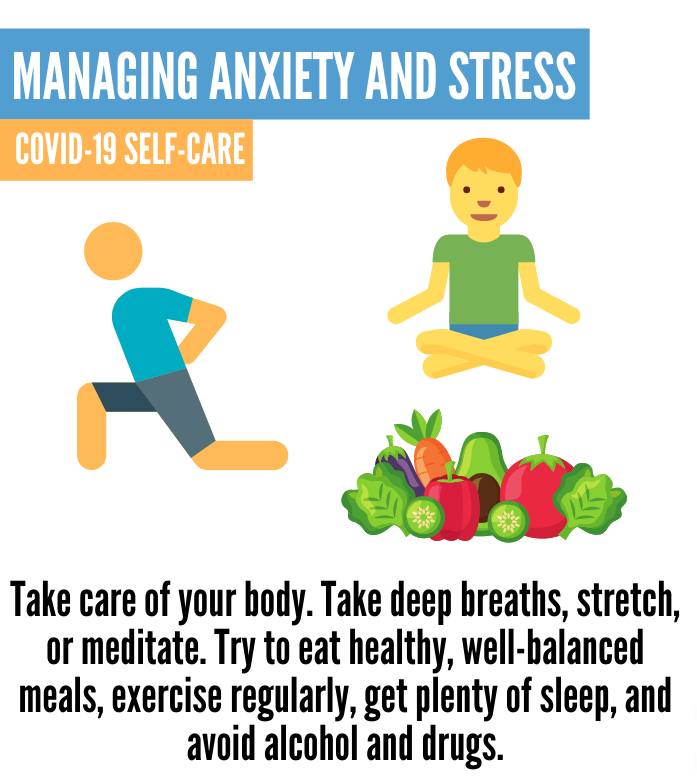Understanding Anxiety
Understanding Anxiety; Anxiety is one of the most common mental health issues in the developed world. Its commonality should not be mistaken for triviality – anxiety can be severely harmful, bringing about secondary mental health symptoms and being destructive to physical health, social and professional life fail to mention family life.
Anxiety has been linked to nervous system issues, gastrointestinal issues, cardiac problems, and much more, and these are just physiological ramifications. Shortly, we’ll take a closer look at these and other ramifications and why this illness should be taken so very seriously. First, though, we need to understand what anxiety is, how to spot it, and some of the baseline causes.
Defining Anxiety
Anxiety is a catch-all term for feelings of concern/worry/apprehension. If you feel uneasy, fearful, or tense about something, this is anxiety. This is a natural human emotion, one that serves essential purposes under normal circumstances.
Unfortunately, like many such emotions, anxiety can become hard to control, persist beyond the issue that triggered it, and occur for no “rational” reason. When “irrational” anxiety occurs, atypical stimuli can be activated (such as social anxiety, mild phobias, etc.) or seem to be brought about by literally nothing at all.
Thus, it may come as little surprise that there are various forms of anxiety, which we will explore shortly. For now, know that any form of anxiety may start mild (and thus be a nuisance) but can very quickly become quite serious, no matter how emotionally/mentally “tough” a sufferer may believe themselves to be.
Defining Stress
Stress is a symptom of anxiety, though not exclusively. Stress is an emotional response to various pressures, be they physical, mental, or emotional. Few people in history have truly lived a stress-free life.
In ancient times, the struggle to survive in an ill-understood world was tremendously stressful, and likely far more so than the stresses experienced by most in the modern, developed world. This, however, does not diminish the scourge of stress in modernity, as its impact is relative to one’s worldview.
The pressures of adult life in the modern world are tremendous, and a better understanding of the world doesn’t help – in fact, understanding just how helpless people are in the face of the world probably makes it worse for most people.
Mass communications make everyone hyper-aware of all of the dangers, troubles, and threats is a noticeable amplifier for stress. Social media places everyone under a microscope, and the mob-like mentality of anonymous internet crusaders can be quite dangerous to people’s mental health.
The Problem with Anxiety
As said above, anxiety is a natural part of the human psyche. When functioning as it should, anxiety can keep people alert in the face of dangers (be they physical or abstract) and ensure that individuals think things through thoroughly before acting. The complete elimination of anxiety from the human psyche (which is impossible) would be a destructive act.
However, anxiety is a very destructive force when it doesn’t function as intended. Unchecked and ongoing anxiety can result in severe impairment of basic functioning. It can be hard to concentrate on one’s work, the constant stress and preoccupation completely encumber one’s family life and of course, the general pursuit of happiness with perceived dangers.
Secondary psychological ailments will develop from this, such as the stress above, self-esteem issues, a lack of general confidence, and severe relationship issues (anxiety affects those around the sufferer in various ways). This is a difficult issue, and it’s time to look at exactly what kinds of harm it can do.
How Anxiety Might Affect You
What are the symptoms of anxiety? The immediate symptoms are a sense of dread, a fixation on possible adverse outcomes, a loss of confidence, and a dramatic increase of stress symptoms. This is only the beginning, though, as these symptoms impose more mental health issues and sometimes potentially-fatal physiological problems.
One’s self-esteem is usually the first thing to go as their confidence in any decision or a sense of stability is rapidly eroded. The quality of one’s work will begin to suffer, threatening one’s career and overall social stability. Depression isn’t far behind as one’s worldview becomes very negatively-charged. Sometimes, rather than merely depression, mild to severe bipolarity can develop. Bipolarity itself can exacerbate the anxiety.
Mental health affects the body directly, too. The constant hormonal fluctuations brought about by anxiety and stress can impact the nervous system, the gastrointestinal tract, the heart, and much more. Loss of appetite is a common symptom of stress, resulting in malnutrition, fatigue, and deficiencies (which themselves can have psychological ramifications as a vicious cycle).
Loss of sleep, a common symptom of anxiety, can result in further emotional/mental instability and impair one’s ability to function physically.
In people over a certain age or those susceptible to physical problems, to begin with, this can become life-threatening. This can result in self-harm or suicidal thoughts, which should always be taken very seriously!
Reading all of this gloom and doom probably seems less than constructive to someone suffering from anxiety, but it’s essential to know the risks of not treating this illness. Too many people are entirely reticent to seek help due to pride or the pressures of “social norms,” which wrongly convince people that needing help is a sign of failure.
Seeking help is the responsible and right thing to do, and the good news is that anxiety can be beaten. With the will to overcome this illness, a proper understanding of it, and help from learned professionals, anxiety can be overcome. Edmonton Counselling Services located southside Edmonton at; 2923 66 St NW, Edmonton, T6K 4C1 provides Anxiety Counselling
Understanding Anxiety

